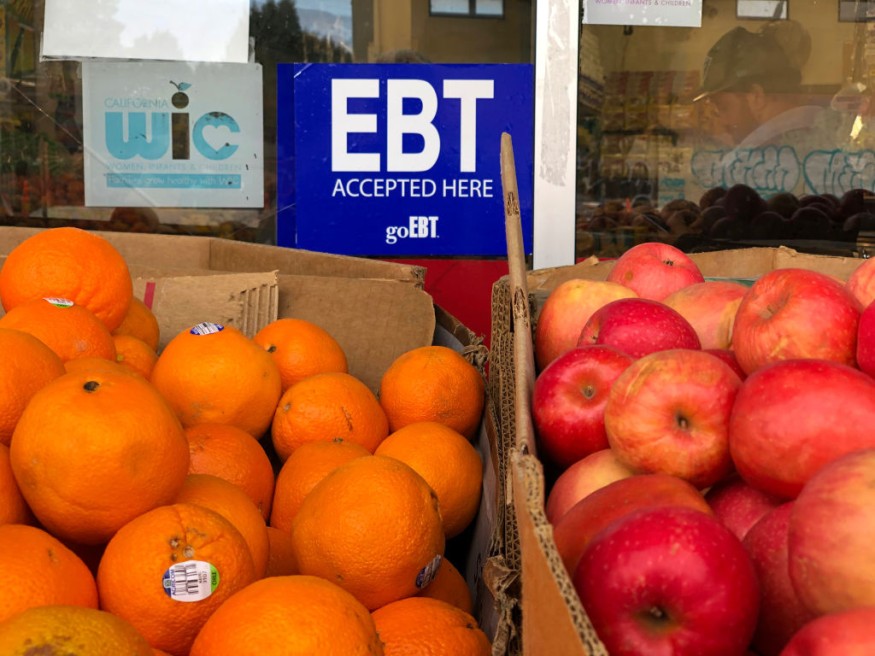SNAP Benefits: Will Texas, California Still Give Extra Payments?

The U.S. Department of Agriculture's Food and Nutrition Service announced at the start of the year 2023 that there will be changes in the SNAP benefits recipients would receive.
Some SNAP benefits recipients would receive smaller Supplemental Nutrition Assistance Program payments due to various reasons such as the end of emergency allotments, the temporary boost payments imposed during the COVID-19 pandemic to help beneficiaries cope with the start of the pandemic.
Others will receive decreased benefits due to changes in their Social Security benefits.
SNAP emergency allotments have already ended in January 2023 in some states, such as Alaska, Arizona, Arkansas, Florida, Montana, and Tennessee.
The list of states that stopped their SNAP emergency allotments also included Idaho, Kentucky, Iowa, Indiana, Mississippi, Nebraska, Missouri, North and South Dakota, and Wyoming.
In South Carolina, SNAP benefits emergency allotments will end in February 2023, effectively returning beneficiaries' SNAP benefits amount to normal.
The remaining 32 states, including D.C., Guam, and the U.S. Virgin Islands will issue emergency allotments until March 2023.
SNAP Benefits California
SNAP emergency allotments in California will continue until March 2023. CalFresh emergency allotments are halted after the Consolidated Appropriations Act of 2023 ended the issuance of emergency allotments to a household.
As a result, CalFresh recipients will receive deducted SNAP benefits payments, with a reduction that may be significant for some families.
SNAP benefits California recipients will still get their food stamp payments as long as they remain eligible, with benefit amounts based on circumstances such as household size, income, and deductions.
SNAP benefits recipients in California are advised to give their respective county officials their most recent information such as housing costs, medical expenses, and dependent or childcare costs.
Since March 2020, CalFresh recipients were receiving an increase of at least $95 in SNAP benefits per month.
SNAP Benefits Texas
In January, Texas Gov. Greg Abbott announced that the Texas Health and Human Services Commission will be sending out more than $344.1 million in emergency allotments for SNAP benefits.
The emergency allotments are projected to help around 1.6 million Texas households.
The state announced that SNAP benefits Texas recipients will receive notice the month before SNAP emergency allotment ends, with the amount of their benefits returning to their regular monthly benefit.
Texas also noted that recipients will receive their last SNAP benefits emergency allotments in February 2023.
Meanwhile, families receiving Social Security income and SNAP at the same time will see a reduction in their food stamp payments.
Social Security Administration implemented a cost-of-living adjustment to cushion inflation effects.
Social Security benefits are deemed as income, which would mean that it would affect the amount of SNAP benefits recipients will be receiving, according to Forbes.
U.S. Department of Agriculture noted that Social Security is a "predominant source of income for SNAP households."
The Agriculture Department went on to say that SNAP benefits may go down if Social Security or any household income has been increased.
This article is owned by Latin Post.
Written by: Mary Webber
WATCH: Emergency allotments for extra food benefits to end in the Carolinas - from WCNC
Subscribe to Latin Post!
Sign up for our free newsletter for the Latest coverage!
















